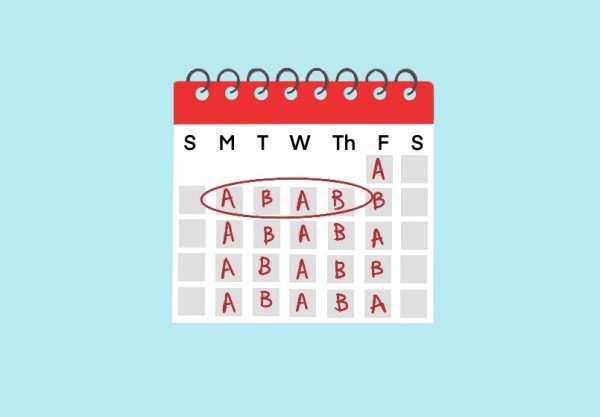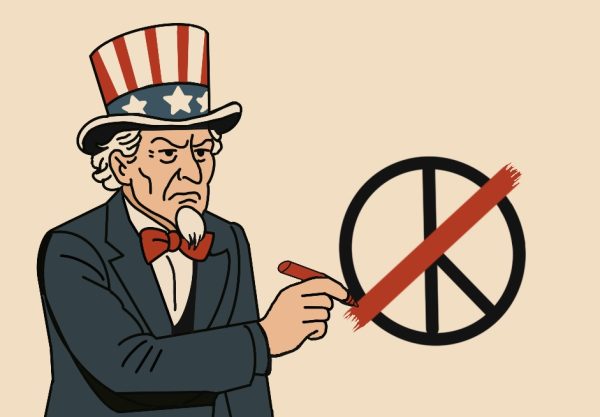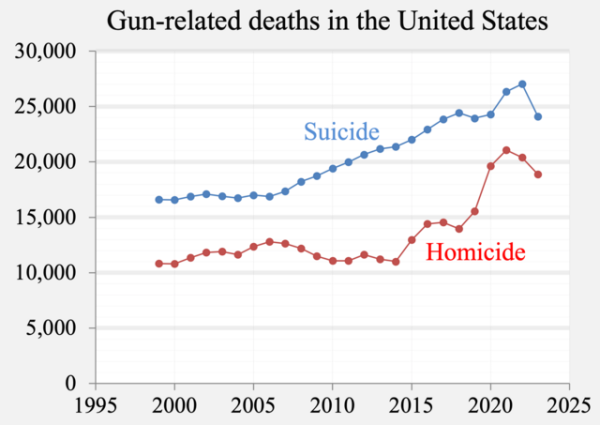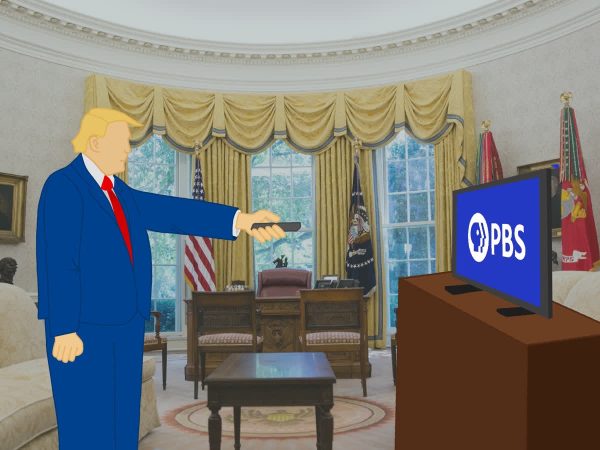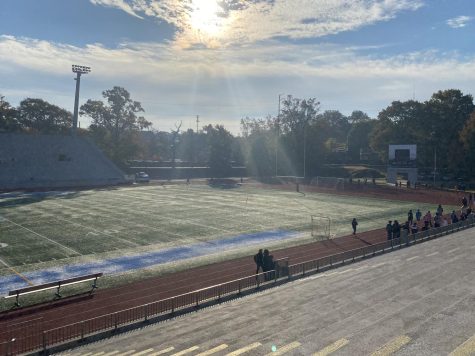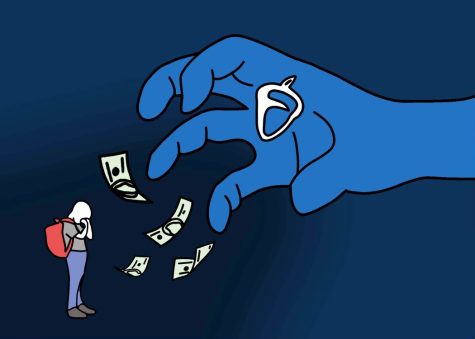Student athletes shouldn’t get their hopes up
Many student athletes enjoy the thrill of winning a soccer game against a long-time rival, or the strong friendships they develop with their team through months of basketball. But imagine a young child coming home after a football game. Time and time again, he has been told that he’s “destined” for the NFL. With encouragement from teammates, coaches, friends, and family, he feels unstoppable.
While confidence is important to excel in athletics, it can do more harm than good for children when they place their sights too far in the future. Every year, numerous professional athletes endure tragic accidents and lose the ability to play. In some cases, they are fired; Colin Kaepernick, a football player who “took a knee” during the National Anthem in support of the Black Lives Matter movement, stood up for a cause, but he is now jobless due to controversy. And these kinds of incidents only happen if the child makes it into the big leagues.
According to the National Collegiate Athletic Association (NCAA), there are almost 8 million high school student athletes, but merely 480,000 move on to compete as NCAA athletes in college, a crucial step in an athletic career. On top of that, only a minute number of those players ever move on to professional athletics. NCAA basketball players, for example, have fewer than a 1% chance of making it into a professional league. What this means is that a tremendous number of high school athletes will spend a lot of their high school time practicing, but will never have a chance to play professionally.
Based on these statistics, it is very likely that at some point, the aforementioned child won’t make the team, whether it’s in elementary school or college. This could possibly result in feelings of anger, resentment, and self-deprecation, especially if adults had built up his ego to think he should have gotten in.
Of course, it’s rational for parents to argue that they want to support their child, and by no means should they strip him of his self-confidence. But seemingly harmless statements such as “you’re destined for the NFL!” will pile up over time. Pre-adolescence is a period when the brain is still very malleable. Even small comments can implant a very large, but figurative, idea into the child’s head–an idea which he clings onto for years past elementary school.
So how is this detrimental to him? Well, let’s say the child is now in high school, and he doesn’t make the football team. He had been playing for years, and all his childhood, people told him that he would surely make it into the NFL one day. His confidence is shattered. But unfortunately, instead of learning how to move on from an event like this, parents and coaches taught him to think only the best of himself. The adults in his life should not have convinced him so young that he would play professionally. The unfortunate truth is that this particular child won’t make it into the NFL, no matter what his parents said when he was in elementary school.

